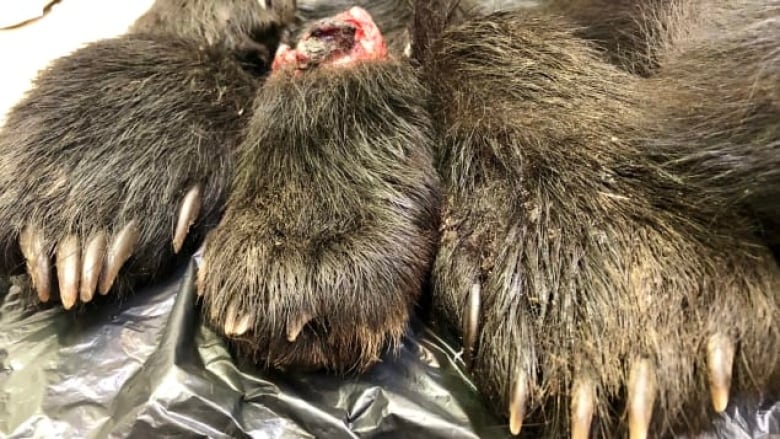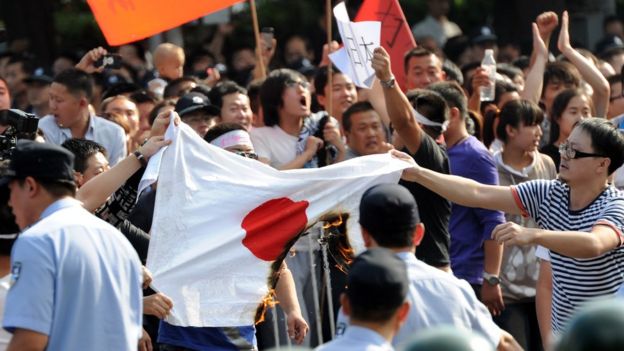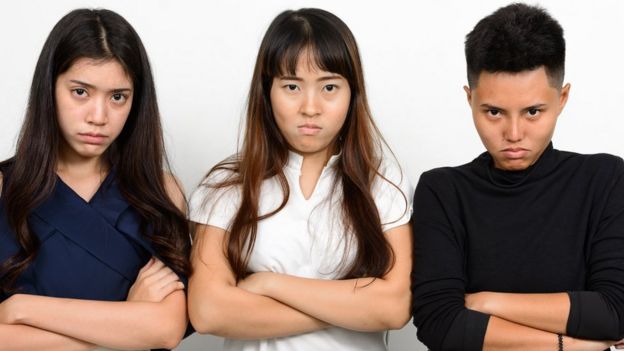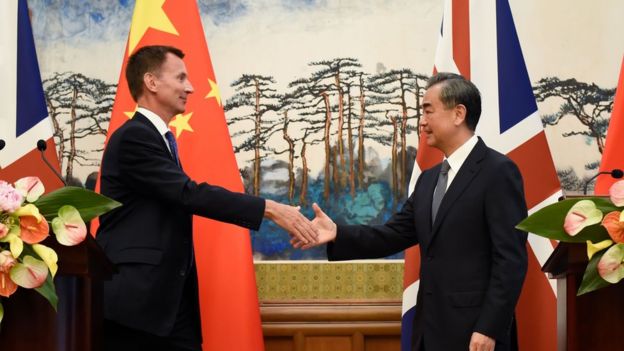Liberal Andrew Robb took $880k China job as soon as he left Parliament
By Nick McKenzie, Richard Baker, Chris Uhlmann
Updated6 June 2017


Former Australian trade minister Andrew Robb walked straight out of Parliament last year and into an $880,000-a-year job with a billionaire closely aligned to the Chinese Communist Party and its key trade policy.
As part of the "confidential" consultancy deal, Mr Robb, the architect of the China-Australia Free Trade Agreement, began consulting to Ye Cheng the day before the July 2 federal election last year.
The arrangement, uncovered by a Fairfax Media-Four Corners investigation, involves monthly payments of $73,000 (including GST) to Mr Robb starting on July 1, 2016. Mr Robb had announced months earlier he would not recontest his seat of Goldstein.
Mr Ye is the owner of Landbridge, which controversially acquired the 99-year lease for the Port of Darwin in 2015. He is also a member of the national Chinese People's Consultative Committee, an advisory body that President Xi Jinping has directed to "uphold the CPC [Chinese Communist Party] leadership without wavering".
Ye Cheng, of Landbridge, and then trade minister Andrew Robb in 2015.
Photo: Glenn Campbell
The details of the consultancy have never been disclosed by Mr Ye or Mr Robb. Neither has the fact that Mr Robb is being used to spruik a Chinese Communist Party-backed trade park as part of his consultancy agreement.
Mr Ye frames much of his business activity, including the acquisition of the Port of Darwin lease, in terms of advancing Beijing's ambitious global trade and infrastructure project "One Belt, One Road".
The port's acquisition sparked a major controversy after then US president Barack Obama complained he hadn't been forewarned. The Defence Department and ASIO have vetted and cleared Landbridge's acquisition of the port. But the director of the Australian Strategic Policy Institute, Peter Jennings, said the port deal might benefit Beijing's long-term strategic interests, and not necessarily those of Australia.
Mr Ye publicly announced on September 2 last year that Mr Robb had been appointed as a "high-level economic consultant". At the time, Mr Robb had already been working for Mr Ye for eight weeks, and had earned $146,000, including GST but minus expenses.
Landbridge head Ye Cheng, Prime Minister Malcolm Turnbull and then trade envoy Andrew Robb in Beijing in April 2016. Three months later, Mr Robb was on Landbridge's payroll.
Photo: Landbridge
Mr Robb is one of several senior former Australian politicians who have been hired by or who hold roles funded by businesses or businessmen closely aligned to the Chinese Communist Party.
The ethics code for departing ministers bans them for a period of 18 months from lobbying or advocating to the government or public service on any matters they previously dealt with as a minister. They must also ensure their personal conduct upholds the reputation of Parliament.
Chinese President Xi Jinping and then prime minister Tony Abbott witness the signing of the declaration of intent on the Australia/China Free Trade Agreement at Parliament House in Canberra.
Photo: Kym Smith
Mr Robb did not answer specific questions about his dealings with Landbridge, but said in a statement: "I can confirm that I fully understand my responsibilities as a former member of cabinet, and I can also confirm that I have, at all times, acted in accordance with those responsibilities."
Fairfax Media and Four Corners are not suggesting that Mr Robb has breached his obligations as an ex-minister.
Chinese Commerce Minister Gao Hucheng, former prime minister Tony Abbott and then trade minister Andrew Robb at the signing of the China-Australia free trade agreement in June 2015.
Photo: Alex Ellinghausen
The trade park being spruiked in Mr Robb's name is to be built in Rizhao, a thriving port city between Beijing and Shanghai. It is backed by the Communist Party-controlled Rizhao City Government in partnership with Mr Ye.
According to an official Chinese government statement, the park is designed to capitalise on the China Australia Free Trade Agreement as well as Mr Ye's purchase of the Darwin port. Mr Ye plans to build a second trade park in Darwin.
Then trade minister Andrew Robb is congratulated after he concluded the second reading debate on the China - Australia Free Trade Agreement in 2015.
Photo: Andrew Meares
In April 2016, less than three months before his consultancy agreement began, Mr Robb visited China with an Australian delegation in his capacity as Australia's trade envoy. The delegation was lobbied by Rizhao Communist Party deputy secretary Liu Xingtai to support the trade park as part of a "Two Countries, Two Parks" proposal.
"The proposal has been fully recognised and highly affirmed by the Shandong Province Party Committee, the Provincial Government and the Department of Commerce," the Chinese government statement said.
The statement also said deputy secretary Liu had met Prime Minister Malcolm Turnbull and NT Chief Minister Adam Giles on April 14, 2016, and "proposed the co-operative model of Two Countries, Two Parks".
Mr Ye placed Mr Robb on his payroll 10 weeks later.
One of Mr Ye's companies later produced lobbying material in Mr Robb's name in which the former trade minister described the Rizhao trade park as a project that "advances the objectives in the historic (CHAFTA) accord [that] I was honoured to play a significant role" while trade minister.
"I encourage you to explore the Australia Park in China… where partnerships and collaboration between these two great nations will flourish for years to come," the statement in Mr Robb's name said.
In March, Mr Robb and Mr Ye travelled together to Sydney from China, where both attended a business and trade forum hosted by the Australian government, as part of Premier Li Keqiang's visit.
In a November 2016 interview with the ABC, Mr Robb said that "most of what he [Mr Ye] wants me for is because of my knowledge of other countries and other governments. He's got a global strategy for his company and he wants me to help him outside of Australia more than he wants me to help him inside Australia."
The private agreement between Mr Robb and Mr Ye contains no mention of Mr Robb's international knowledge and networks, referring only to his role providing "consulting" and "strategic" services.
Mr Robb has also been spruiking Rymill Coonawarra, a South Australian winery in which Mr Ye has a financial interest.
Mr Ye's interest in the winery is via his brother, Gang Ye. The mayor of Mount Gambier, Andrew Lee, took a 10 per cent stake in the winery when it was acquired by the Ye family in October 2016 for an undisclosed amount, estimated to be more than $20 million. Citing legal advice, Mr Lee refused to say if he had paid any money for this stake.




 I am Sarah Yunhee Kim, a Registered Acupuncturist(R.Ac) in BC. I am pleased that my treatment will make patients have a more healtheir life.
I am Sarah Yunhee Kim, a Registered Acupuncturist(R.Ac) in BC. I am pleased that my treatment will make patients have a more healtheir life. 





